Research shows that companies with strong diversity, equity and inclusion (DE&I) policies and with diverse professional cultures show strong financial gains. According to a McKinsey & Company report, “the most diverse companies are now more likely than ever to outperform less diverse peers on profitability.”
Diversity in the workplace entails hiring people who have different individual characteristics from one another. These can include differences in race, gender, age, ethnicity, religion, physical abilities, sexual orientation and ideologies. Equity guarantees that everyone has equal access to the same opportunities, treatment and advancement options. Equity aims to dismantle the barriers that prevent some people from achieving and moving forward. Inclusion involves creating an environment that appreciates, welcomes and recognizes each employee’s skills, perspectives and talents. Inclusion is a culture that values employees and makes them feel welcome and included.
The Importance of Diversity, Equity and Inclusion in the Workplace
There is still much work to do before businesses represent the composition of society. Among executives, most positions are held by white people, and women and people in minority groups consistently receive less pay than their white male counterparts, as the U.S. Bureau of Labor Statistics notes. A lack of diversity in the workplace results in a struggle to attract top talent, negative company/brand perception, high staff turnover, reduced potential for innovation, the inability to promote groupthink and a detrimental impact on their long-term performance.
Companies that don’t execute DE&I policies miss out on opportunities to advance their business by embracing the different viewpoints of their employees. Diverse workforce teams are more innovative and make effective business decisions.
How Organizations Benefit
Organizations benefit greatly from employing and supporting a diverse workforce. When employees feel welcome and connected, they work harder and produce high-quality work. Here are a few ways that businesses benefit from DE&I:
- More potential employees. Companies that expand their hiring practices and recruitment searches increase the talent pool, which improves the opportunity to hire the best people. A recent survey shows that diversity policies are important to 67% of workers — and candidates consider that when applying for jobs.
- Improved workplace performance. When employers promote diversity, equity and inclusion in the workplace, employees are comfortable and happy in their work environment. That results in increased motivation and improved performance. Companies with more ethnic and racial diversity are more likely to surpass their competitors by 35%.
- Better bottom line. When a diverse team uses employees’ unique perspectives to make informed decisions and solve problems, the company gains leverage over its competitors. That significant advantage results in higher revenue.
How to Boost DE&I
Companies need a straightforward, systematic approach to promoting and enacting their DE&I policies. Some ways to boost these policies include increasing business-wide representation (especially in leadership and executive roles), promoting openness, recognizing and combating biases and implicit bias, enabling equality with transparency and fairness to all employees and fostering a sense of belonging. Organizations that want to thrive should embrace these trends in DE&I and put theory into action.
Top schools such as the University of Northern Colorado (UNC) recognize this important direction involving diversity, equity and inclusion in the workforce. The online Master of Business Administration (MBA) emphasizes the essential qualities to help students develop into influential leaders in today’s global and diverse environment. In fact, the program has a course titled Ethical Leadership and Organizational Behavior that prepares students to enact inclusive, diverse practices in roles such as a business operations manager, director of commercial sales, logistics officer, management consultant, project manager, director of operations and more.
Learn more about the University of Northern Colorado’s online Master of Business Administration program.
